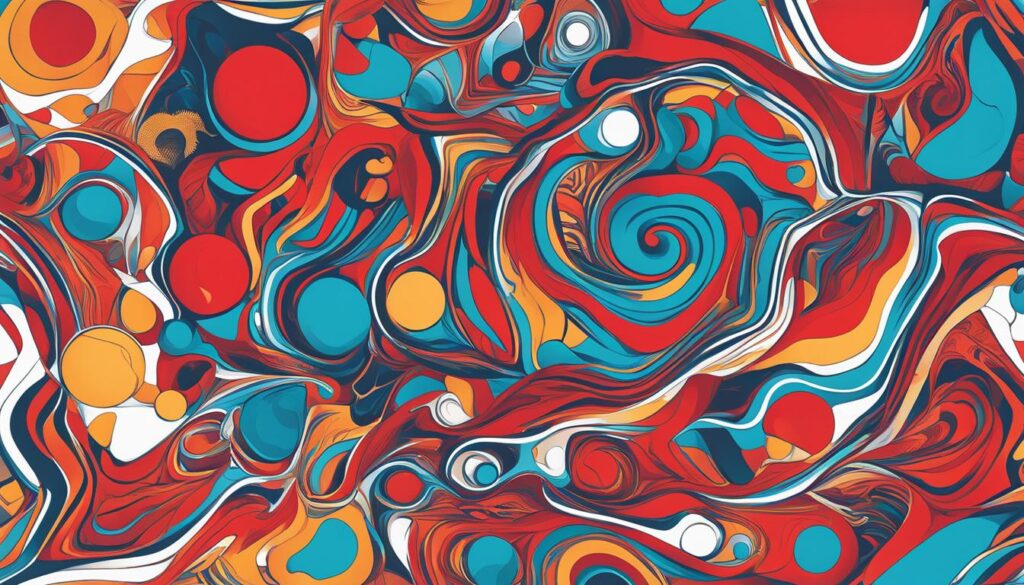Struggling with involuntary muscle contractions, better known as muscle cramps, can be quite a pain, quite literally. Most commonly experienced in the leg muscles, particularly the calf, these sudden spasms, while brief, can sometimes leave a lingering soreness. These muscle spasms aren’t typically harmful and often come about due to intense physical exertion, especially in warmer climates. However, they can also be traced back to specific medications or health conditions. The good news is that these painful inconveniences can be managed and mitigated with some focused self-care approaches.
Understanding your muscle health is key when it comes to preventing muscle cramps. To better equip you on your journey to pain-free muscles, we’ve compiled an extensive guide on muscle cramp prevention strategies. This guide will delve deeper into the phenomenon of muscle cramps – what they really are, the common causes, symptoms, and everything you need to know about when to seek medical advice. So if you’re wondering how to prevent muscle cramps, stick around to discover some practical tips and insights.
Key Takeaways
- Muscle cramps are sudden, involuntary contractions that typically affect the leg muscles and are more common in hot climates or after intense physical exertion.
- While not usually harmful, muscle cramps can cause residual soreness.
- These unpleasant spasms can also occur due to specific health conditions or certain medications.
- Understanding muscle cramp prevention strategies and maintaining good muscle health is crucial to mitigating these painful incidents.
- Proactive steps, such as staying hydrated and ensuring that your diet contains certain minerals, can help effectively manage muscle cramps.
Understanding Muscle Cramps
A muscle cramp is a sudden and unexpected contraction of one or more muscles. In many cases, these painful episodes involve the muscles of the lower leg. Understanding what a muscle cramp is and what causes it can help you manage and prevent these uncomfortable incidents. It’s also important to know when a muscle cramp could point to another, potentially serious, health issue.
Defining A Muscle Cramp
A muscle cramp is an involuntary and forceful contraction that occurs abruptly and does not relax. It can cause severe discomfort, and the affected muscles may feel hard or bulging. Muscle cramps often strike at night and can wake you from a sound sleep. Exercise and vigorous physical activity are other common triggers. They can occur in various parts of the body but are most commonly experienced in the legs.
Common Causes and Symptoms
Muscle cramps can be caused by various factors, including muscle overuse, dehydration, and prolonged stationary positions. Certain medical conditions can also lead to muscle cramps, as can an inadequate supply of nutrients like potassium, calcium, or magnesium.
| Muscle Cramp Causes | Muscle Cramp Symptoms |
|---|---|
| Overuse of a muscle | Sudden, sharp pain |
| Dehydration | Muscle tightness or a bulging appearance |
| Remaining in the same position for a long duration | Discomfort and muscle hardness post-cramp |
When to Consult a Doctor
Although muscle cramps are usually harmless, they can sometimes be a sign of a medical condition that requires treatment. You should seek medical attention if your cramps are severe, occur frequently, do not improve with self-care, or are associated with leg edema, redness, skin changes, or muscle weakness. Muscle cramp management will depend on their underlying cause.
Identifying Causes of Muscle Cramps

Muscle cramps, though common, can be traced back to several predisposing factors. Understanding these causes is instrumental in devising efficient muscle cramp prevention methods and management strategies. Let’s delve into some of the common causes of muscle cramps and their connection to potential remedies.
Exercise Induced Cramping
Engaging in strenuous activities can lead to muscle cramps. Overuse of a specific muscle, carrying out strenuous activities, or prolonged maintenance of a particular position can all trigger these involuntary muscle contractions. Age, poor physical condition, and profound sweating further increase the chances of experiencing muscle cramps.
Dehydration and Electrolyte Imbalance
Dehydration plays a significant role in causing muscle cramps. Loss of fluids and vital salts such as sodium from our body can lead to spasms and muscle discomfort. In this sense, maintaining optimal hydration should form an essential part of muscle cramp prevention remedies. Consuming sufficient fluids replenishes electrolytes in our body, providing relief from cramps.
Medical Conditions and Medications
Underlying medical ailments like diabetes, nerve, liver, and thyroid diseases often become sources instigating muscle cramp. Similarly, particular medications can also provoke these spasms. In scenarios like these, understanding the root cause can aid in tailoring specific muscle cramp prevention techniques.
| Causes | Remedies |
|---|---|
| Exercise-induced | Regular stretching, proper rest and recovery post-workout |
| Dehydration | Maintaining optimal hydration, consuming electrolyte-rich fluids |
| Medical conditions and medications | Consultation with a healthcare provider, alterations in medication if needed, management of underlying conditions |
Understanding the primary causes behind muscle cramps is the first step towards uncovering effective remedies and prevention methods. Remember, prevention always beats cure, and with the right knowledge and strategies in place, muscle cramp prevention is entirely possible.
Strategic Hydration Practices
Minimizing the risk of muscle cramps involves proper and strategic hydration practices as a key dehydration prevention technique. Muscles heavily rely on water for efficient functioning. During physical exercise, it’s vital to maintain regular fluid intake and refrain from caffeinated or alcoholic beverages which can accelerate dehydration.

Dehydration often leads to muscle cramps due to the loss of both water and key salts such as sodium. Incorporating sports drinks that contain sodium into your hydration strategy can significantly aid in muscle cramp prevention. It is advisable to adjust the amount of water consumed relative to the duration and intensity of the physical exercise undertaken.
“For example, athletes may need to consume 0.67 times their body weight in ounces of water daily, and an additional 12 ounces for every 30 minutes of exertion.”
Being intentional about hydration can greatly help in maintaining proper muscle function and avoiding muscles cramps, emphasizing the importance of strategic hydration as a muscle cramp prevention technique.
Essential Minerals for Cramp Prevention
If you regularly struggle with muscle cramps, you might want to consider the role that essential minerals in your diet might play in both the cause and prevention of these spasms. Minerals like potassium, calcium, and magnesium are much more vital to your muscle health than you might think. In fact, these minerals can indeed help in muscle cramp prevention and management.
Potassium is one such essential mineral. It aids in muscle contractions and serves as a neuromuscular transmitter. Low levels of potassium can result in uncontrollable muscle spasms. Nature has provided us with many delicious and healthy sources of potassium. Foods rich in potassium, such as sweet potatoes, melon, cooked spinach, nuts, and beans, should be included in your diet.
Similarly, sufficient calcium and magnesium intake is necessary for muscle health. These minerals also function in aiding muscle contractions and transmissions, making them vital components of any muscle cramp prevention exercises.
Apart from maintaining a mineral-rich diet, it’s equally crucial to consume carbohydrates before and during prolonged physical activities as another measure towards muscle cramp prevention. Carbohydrates help maintain glycogen levels, which is the primary energy source your muscles utilize during exercise. Therefore, carbohydrates also play a critical role in preventing muscle cramps.





